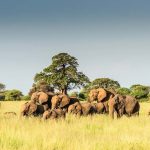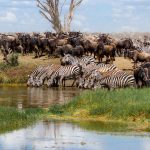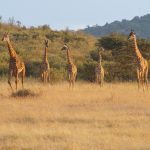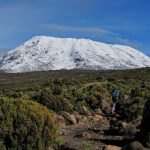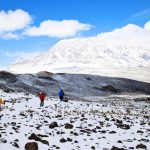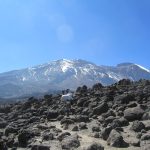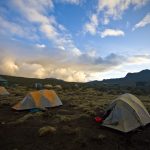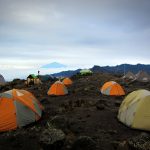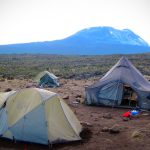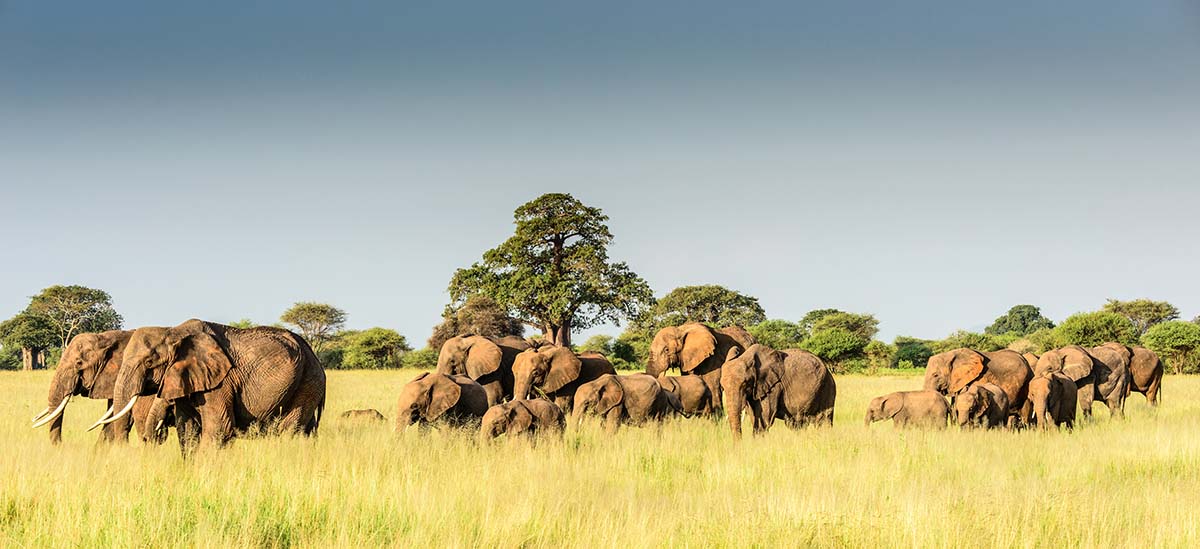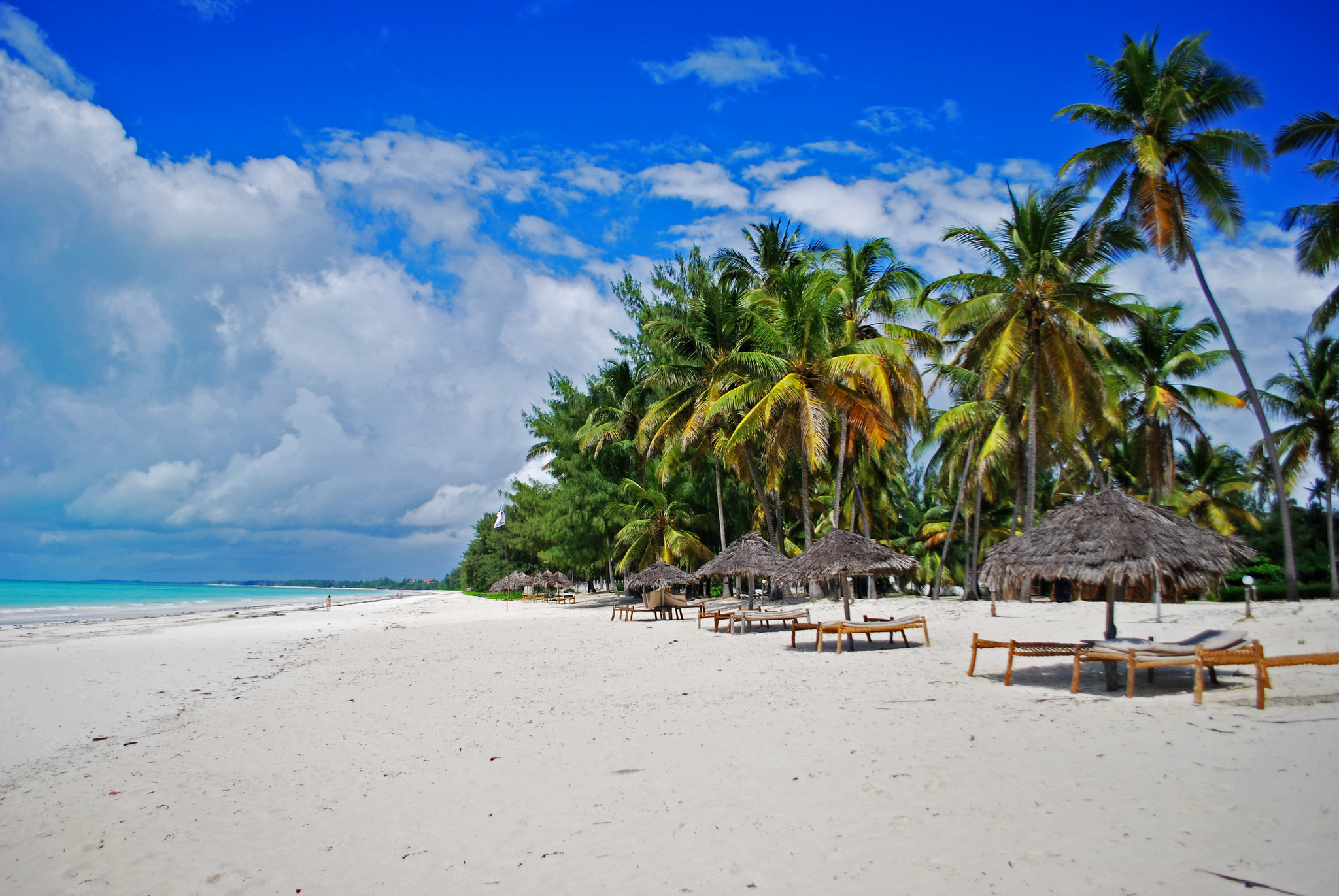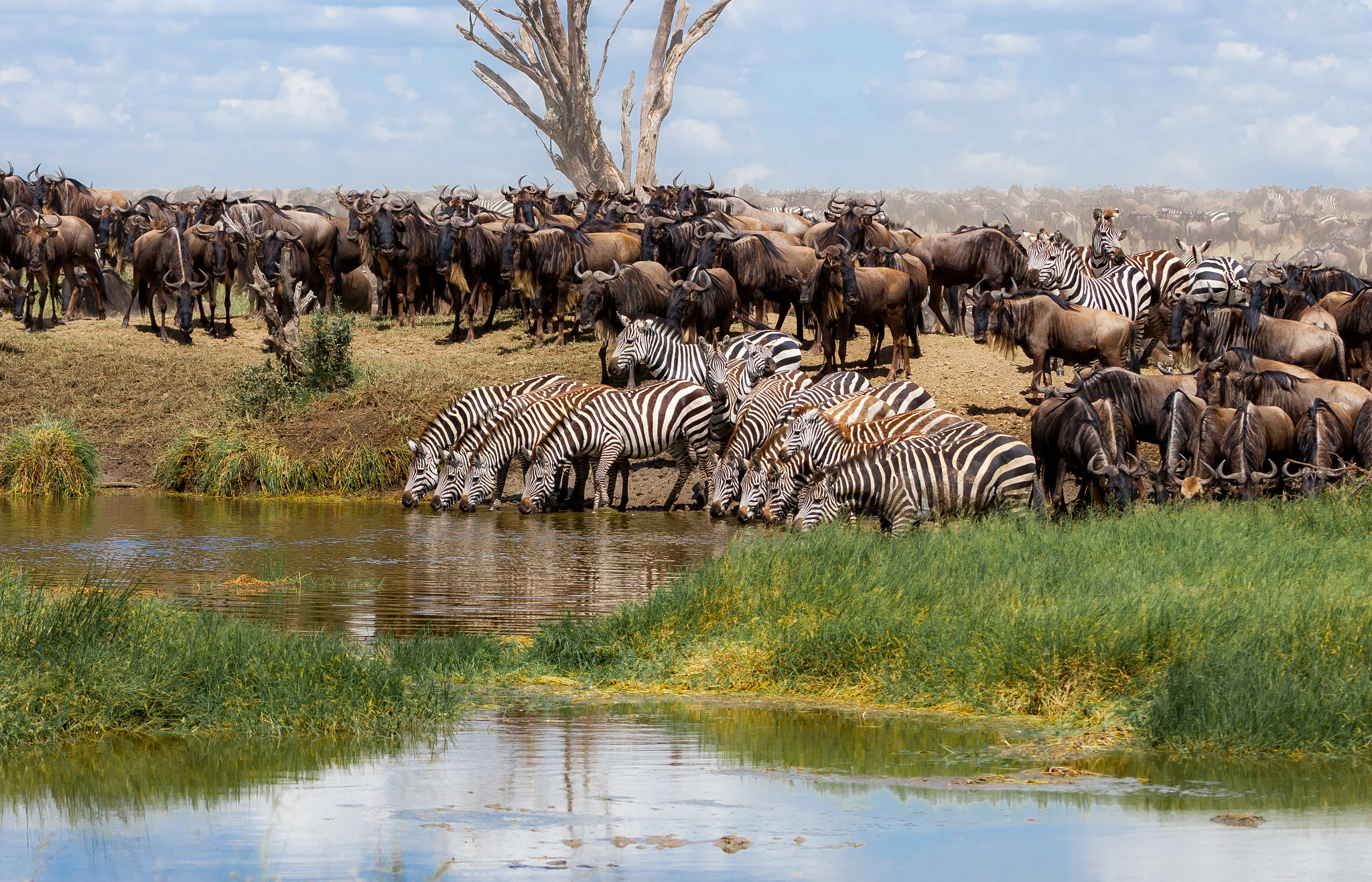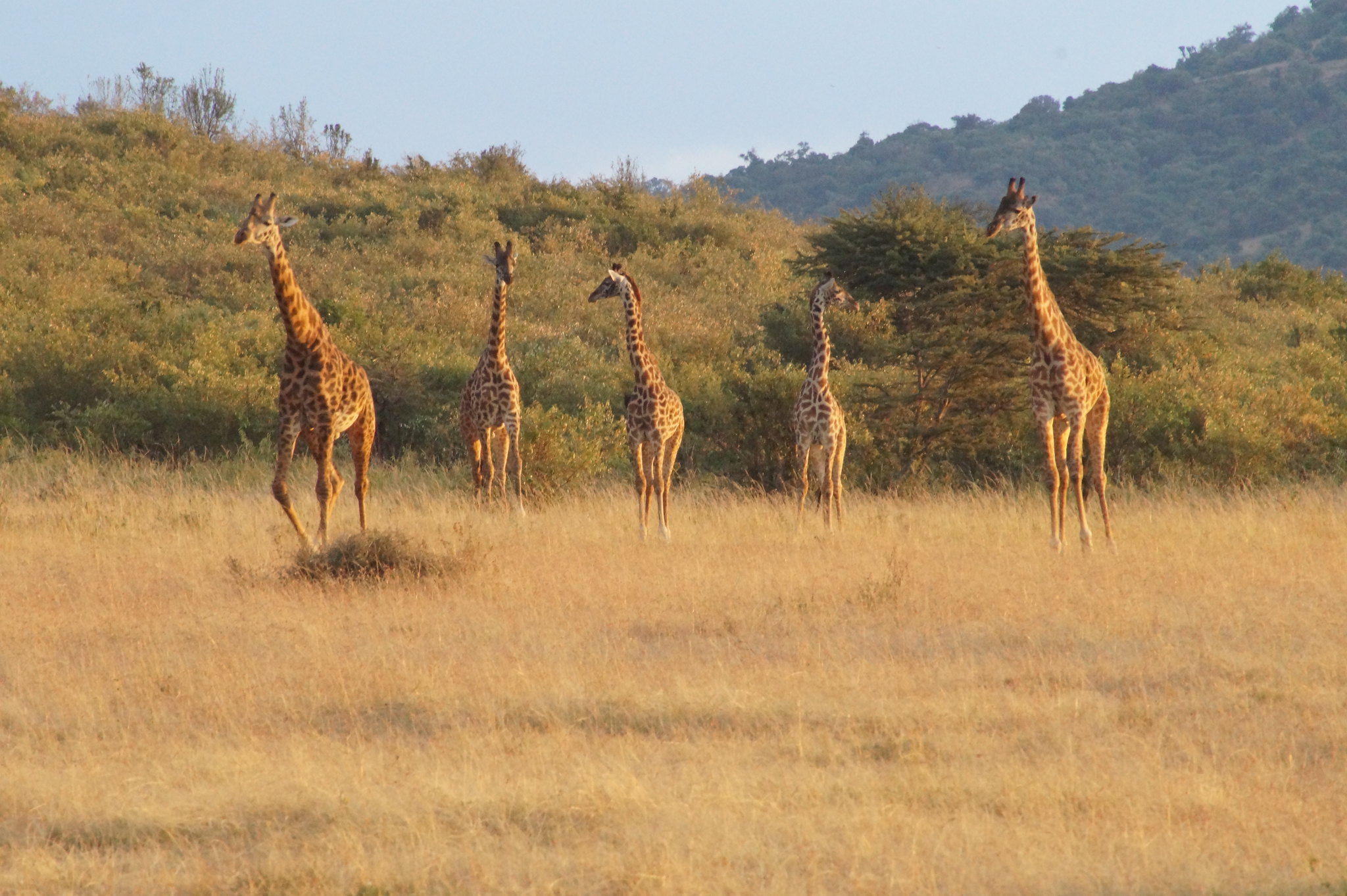Ruaha National Park
Overview of the Destination
One of the best wilderness areas in the nation. It is Tanzania’s second-largest national park, with a total area of 20,226 square kilometers. Animals are dragged to the Great Ruaha River and other water sources during the dry season, when wildlife watching is at its peak.
The phrase “Luhava” in the hehe language, which means the large river, is the source of the name Ruaha.
Attractions of Destination
Ruaha is home to an abundance of species, and the breathtaking, ever-changing scenery give the entire trip a magical quality. The voyage is made lovely and exciting by the baobabs that dot the rocky hillsides, the cool green shade along the River, and the broad grassland plains.
Destination's Wild Animals
Because it is the southernmost point for Lesser Kudu on the African continent, this is the location where tourists can witness both Lesser and Larger Kudu. It is also the southernmost point of Grants Gazelle, as well as Sable and Roan antelope, Lichtenstein’s Hartebeest, Topi, both Southern and Bohor reedbuck, and Lichtenstein’s hartebeest. Moreover, Ruaha is home to a sizable population of wild dogs, leopards, lions, cheetahs, buffalo, and elephants, in addition to a wide variety of other species.
Climate of Destination
The single rainy season in Ruaha National Park typically lasts from the end of November to the beginning of May, with an average annual rainfall of 500 to 800 mm.
The park is situated between 750 and 1868 meters above sea level.

